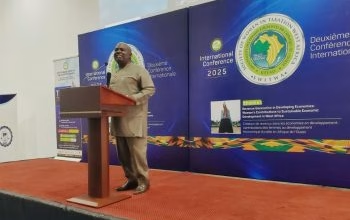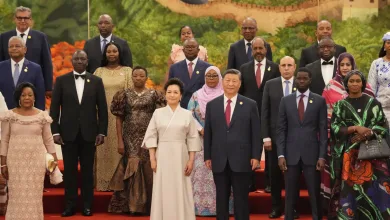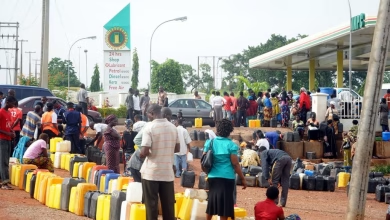“Fuel Subsidies to Cost Nigeria 50% More in 2024”

- Nigeria to spend 5.4 trillion naira ($3.7 billion) on fuel subsidies in 2024, a 50% increase.
- The government's "Accelerated Stabilisation and Advancement Plan" aims to boost growth.
- President Tinubu's subsidy reform led to tripled petrol prices and inflation.
- The government plans to raise funds by selling refinery equity and introducing new taxes.
Nigeria is likely to spend 5.4 trillion naira ($3.7 billion) in 2024 to maintain fixed petrol prices, a 50% increase from 2023. This is according to a draft document seen by Reuters on Thursday.
The “Accelerated Stabilisation and Advancement Plan” (ASAP) aims to address challenges related to reforms aimed at boosting growth. The plan was drafted by the finance ministry with input from private sector executives and economists.
President Bola Tinubu introduced a landmark reform in May last year, axing a popular but costly subsidy on petrol. While investors cheered the move, it led to tripled petrol prices, increased transport costs, and stoked inflation, angering motorists.
Tinubu has faced pressure from labour unions over the rising cost of living due to his reforms but has vowed not to roll them back. Despite two currency devaluations since July last year, petrol prices have remained fixed.
Nigeria has relied on imports of petroleum products for years due to underperforming state-owned refineries. The ministry projects that expenditure on fuel subsidy will reach 5.4 trillion naira by the end of 2024, up from 3.6 trillion naira in 2023 and 2.0 trillion naira in 2022.
Presidential aide Bayo Onanuga confirmed that Tinubu received the draft on Tuesday, stressing that it is still a proposal containing suggestions for improving the Nigerian economy. Analysts believe that if approved, the president could issue executive orders to implement the recommendations.
The recommendations include plans for the power, oil and gas, agriculture, and healthcare sectors, as well as support for businesses. Nigeria’s economy has been growing at a rate of around 3%, far short of the 6% annual expansion targeted by Tinubu.
To raise funds, the government proposes selling equity in its refineries by May 2026, increasing excise duty on beverages, and introducing taxes on single-use plastics and sweetened beverages.
The government also aims to boost oil production to 2 million barrels per day by December, up from 1.4 million currently, to increase cash flow and plug revenue gaps.
The draft document highlights the challenges facing Nigeria’s economy and the need for urgent reforms to address them. The government’s ability to implement these reforms will be crucial in determining the country’s economic future.






